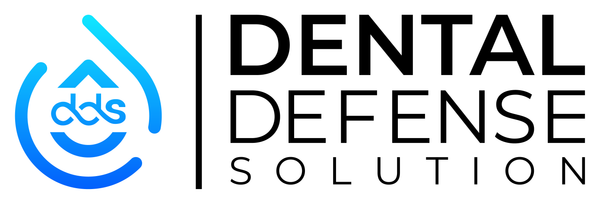Mohammad AR, Giannini PJ, Preshaw PM, Alliger H. Clinical and microbiological efficacy of chlorine dioxide in the management of chronic atrophic candidiasis: an open study. Int Dent J. 2004 Jun;54(3):154-8. doi: 10.1111/j.1875-595x.2004.tb00272.x. PMID: 15218896.
ABSTRACT
Objective:
To assess the clinical and microbiological efficacy of chlorine dioxide (ClO2) as a topical antiseptic for the treatment of chronic atrophic candidiasis in geriatric patients.
Participants:
Thirty patients with chronic atrophic candidiasis.
Methods:
Patients were instructed to rinse the mouth with 0.8% ClO2 mouth rinse (DioxiDent) twice daily for one minute and to soak their dentures overnight in the ClO2 for 10 days. Patients were evaluated both clinically and microbiologically at baseline and after 10 days, and any significant side effects were recorded. The clinical appearance of the oral soft tissues was scored on a scale of 0-3 (0 indicating no clinical signs, 1 indicating involvement of < 25% of the palatal mucosa, 2 indicating involvement of 25-50% of the palatal mucosa, and 3 indicating marked erythema involving > 50% of the palatal mucosa). Microbiological testing was undertaken to determine the number of colony forming units (CFUs) of Candida albicans.
Results:
ClO2 significantly improved the clinical appearance and microbial count (p < 0.001) after treatment, without significant side effects. Results showed marked improvement in the clinical appearance of the tissues after 10 days, with total resolution in the majority of cases. The total CFU/ml ranged from 15,000-53,000 at baseline and was reduced to < or = 500 after 10 days of treatment (p < 0.001). The mean clinical score was 2.50 at baseline, and was reduced to 0.17 after 10 days of treatment (p < 0.001).
Conclusions:
Within the limitations of this pilot study, the effectiveness of topical chlorine dioxide (0.8%) in the management of chronic atrophic candidiasis was demonstrated. ClO2 provided a safe and clinically effective option in the management of chronic atrophic candidiasis.

